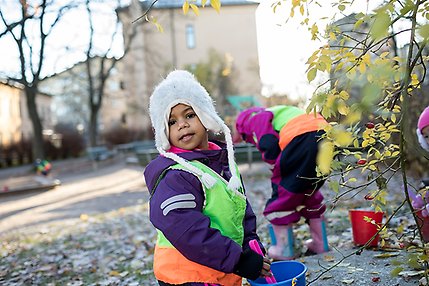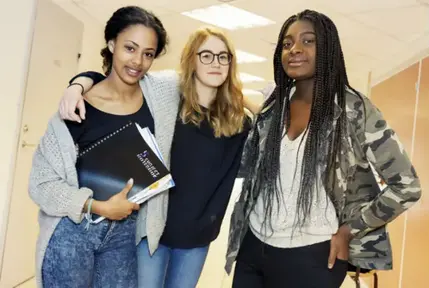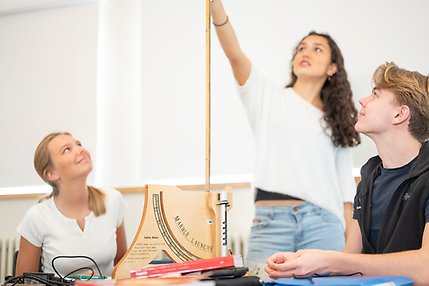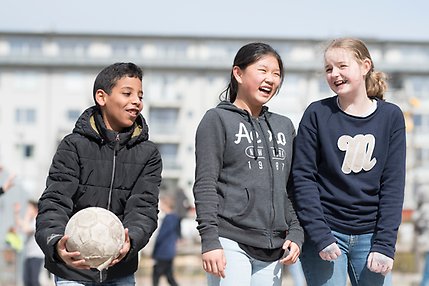In English

About preschool
Preschool is for children between the ages of one and six. It should be fun, safe and educational for all the children who attend.

About compulsory school
Between the ages of 7 and 16, children attend compulsory school, which is mandatory and free of charge. Compulsory school is designed to help pupils acquire and develop knowledge and values. It aims to provide a good foundation for further education.

About upper secondary school
Young people who have completed compulsory school can continue their studies in upper secondary school, which is voluntary and free of charge. Upper secondary school offers both vocational programmes and higher education preparatory programmes.

The Swedish education system
The Swedish education system consists of a variety of school types and programmes, from preschool to various adult education programmes.